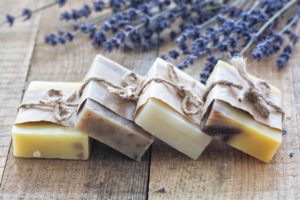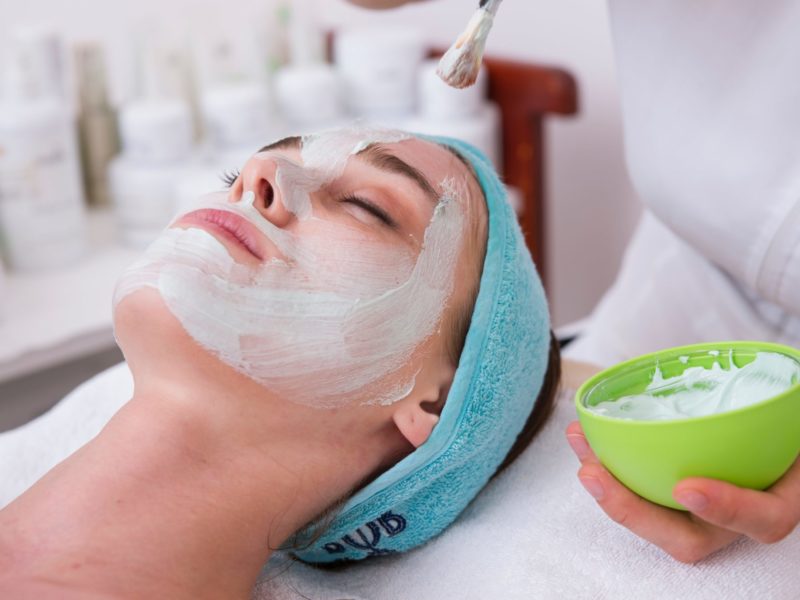The beauty industry continues to be one of the biggest waste contributors that harm the environment. Sustainable and ethical beauty is a choice we make day in, day out. Through this effort to do simple swaps and be more conscious, we help protect the natural resources for now and the future.
In a sea of greenwashing and false marketing claims, how do we know which one stays true in its commitment to sustainable and ethical business practices? How do we maintain our commitment to this lifestyle?
Let’s pare down our list of criteria and simplify our game plan.
Choose cruelty-free and vegan.
Let us be the generation that ends animal exploitation. It is in the veganism ethos to never put an animal’s life at risk. It is also important to note that cruelty-free is not only about animal testing. And being a vegan is not only about food consumption. It can also mean that products may include animal ingredients.
For a beauty product to qualify as cruelty-free and vegan, it shouldn’t contain ingredients derived from animals, like beeswax and honey. Lush Cosmetics has been a known advocate of cruelty-free and vegan beauty products. Best of all, they are Peta-approved!
Is it palm oil-free?

It destroys the habitat of some of the already endangered species like the orangutan. The best that we can do is to find sustainable brands and products with ethically sourced alternative ingredients. Loreal, for one, will continue to use palm oil but will maintain its commitment to source sustainably. The unique natural properties and moisturizing benefits of palm oil can be replaced with shea or jojoba.
Choose non-toxic products.
Saying “no” to toxic relationships is so on point here. Exposure to toxic chemicals can contaminate the environment. It may also result in skin irritation and other health issues in humans.
Make it a habit to always check the label and choose products with organic natural ingredients. Watch out for chemicals such as parabens, fragrance, formaldehyde, oxybenzone, lead, and hydroquinone, to name a few.
Consider product packaging.
Support brands that make a significant effort to ditch the plastic. As a sustainable alternative to decrease plastic packaging waste, products that came in the form of bars became a trend. Ethique offers vegan bars for hair and body that are cruelty-free, and the brand upholds sustainability and fair trade.
Aside from solid bars, you can also choose products from brands that offer refills or use recyclable materials. The most ideal packaging are those that are compostable as this will guarantee zero waste when it degrades into natural elements.
Switch to reusable alternatives.

The significant amount of water used in the production can lead to future supply shortages. These can also contribute to environmental pollution as cotton production involves the use of pesticides and insecticides. This exposes cotton growers and consumers to toxic chemicals.
Opt for products that you can use many times like eco-friendly face rounds. LastRound is a zero-waste alternative that can replace 1,750 disposable cotton rounds or more. It’s really easy to clean and reuse, and it comes with a case made from recycled plastic.
Support local businesses to reduce footprint.
Support locally-owned businesses and cut down on transportation or shipping arrangements. Check if there are practical options like buying in bulk. Please note that organic products may have lower shelf-life so always plan your purchase.
Choose brands that care.
We want brands that genuinely care. Do further research on some of the initiatives that drive positive environmental and social impact. Check for resource and waste management policies and programs that the company advocates.
Are they investing in long-term sustainable development plans like renewable energy or solar power? Are they giving charity to non-profit organizations that support a sustainable cause? Are they committed to ethically source the ingredients that protect their employees and growers from being exploited?
Final thoughts: Be kind to all kind
Our beauty standards may have evolved, but sustainable and ethical living will always be about kindness. It’s the very simple act of caring for our body and all those around us. Let’s continue to empower each other towards a more conscious lifestyle.
Remember, no effort is too small to make a difference. May this spark interest in others to do the same.
Interested in eating more healthy for life?
Listen to our friends over at Wellness Force Radio to learn about the “5 Must Have Nutrition Fundamentals”








 Are Online Optical Shops a Solution for Time Consuming and Complicated Prescription Eyeglass Acquisition?
Are Online Optical Shops a Solution for Time Consuming and Complicated Prescription Eyeglass Acquisition?